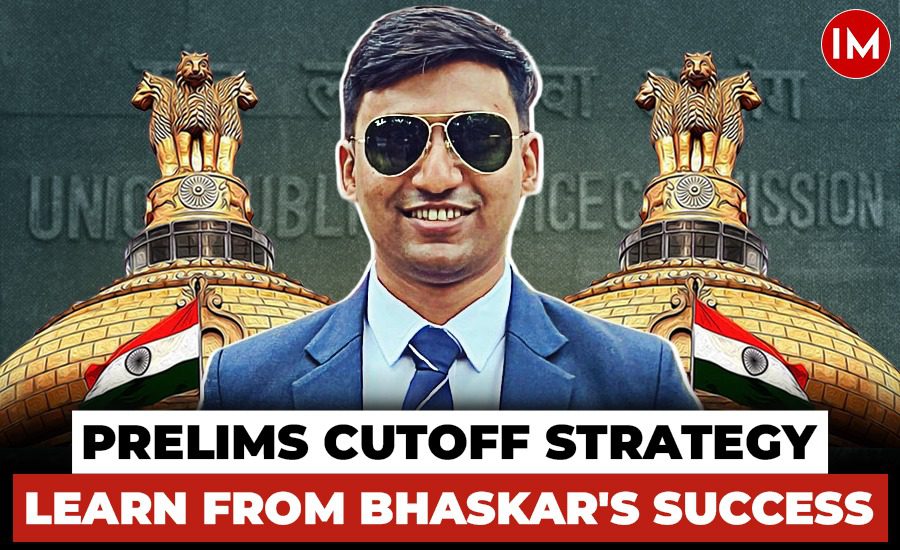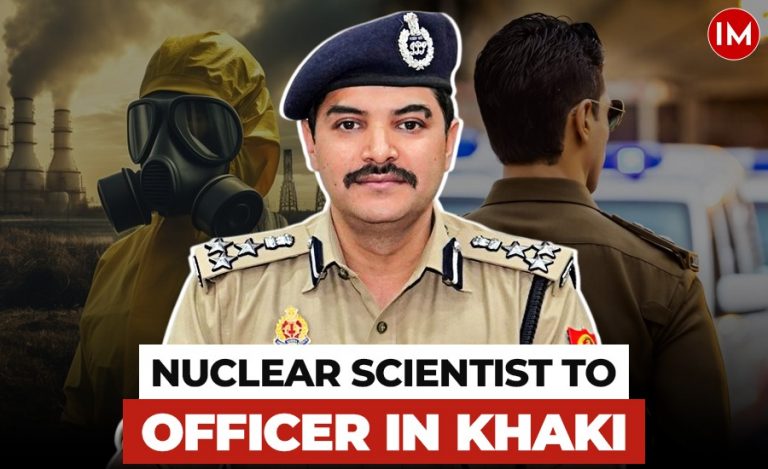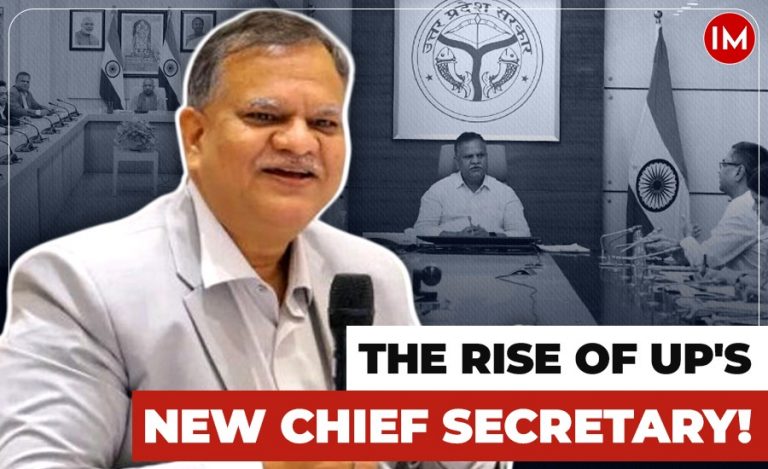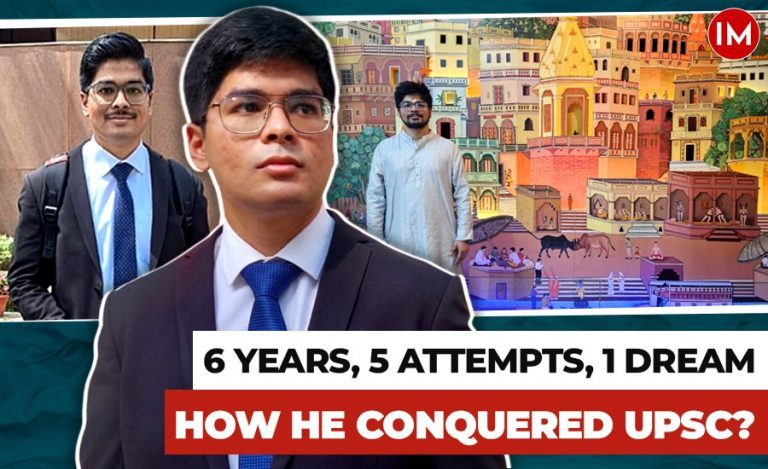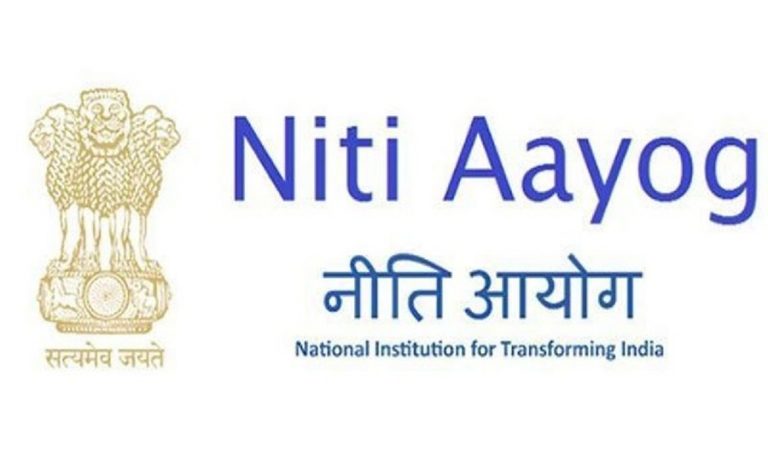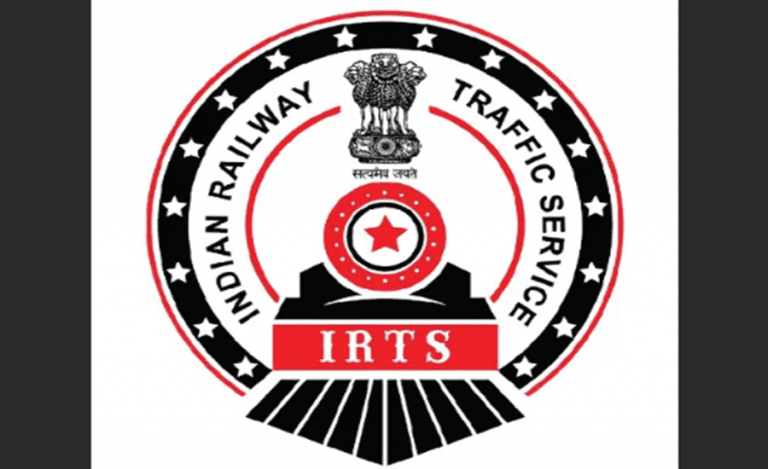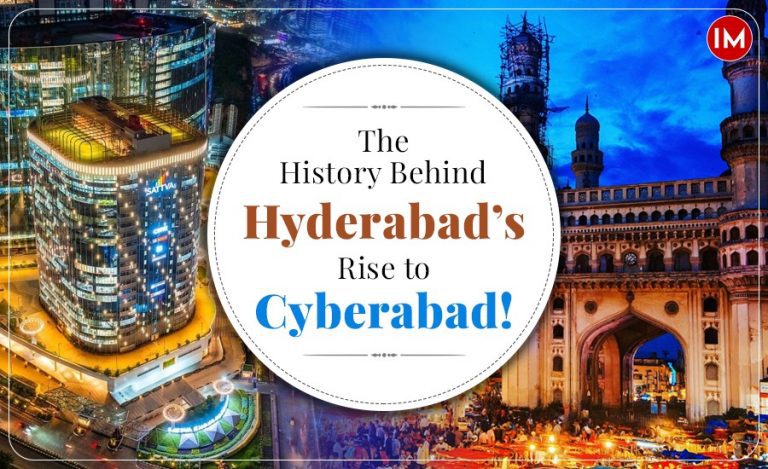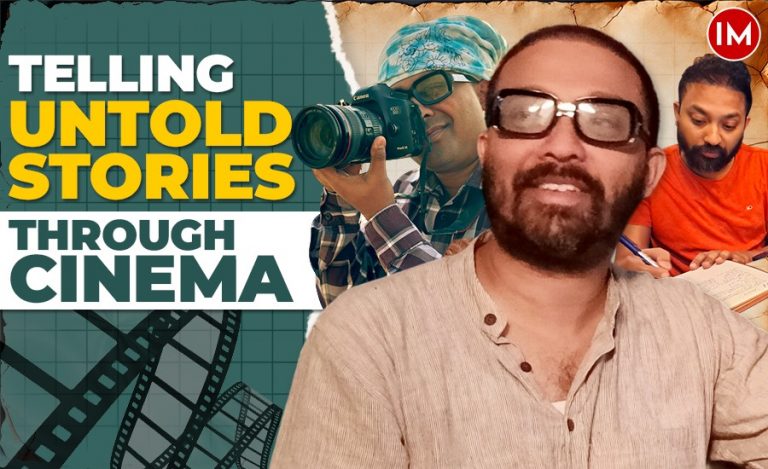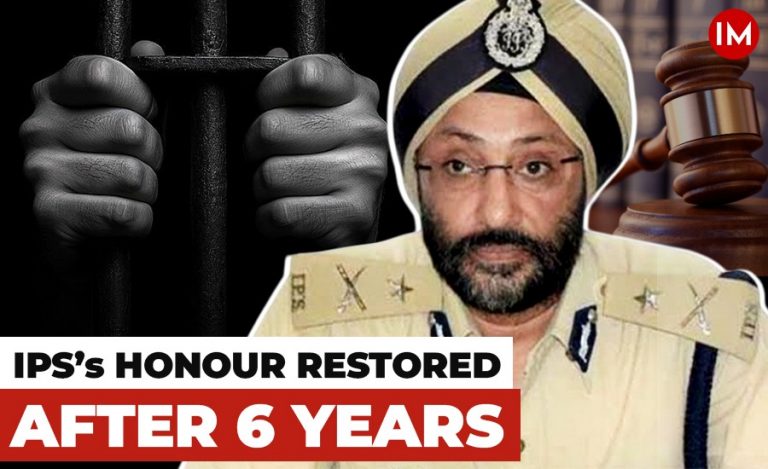Intelligent individuals often say that beginning any journey is both the most difficult and crucial step. This sentiment holds true for the UPSC, considered one of the toughest exams in the country. Cracking the UPSC exam demands disciplined and systematic preparation. However, the first stage, the prelims, presents a formidable challenge requiring not just diligence but also strategic preparation. Himanshu Bhaskar, hailing from Patna, achieved AIR 709 in his second attempt this year, sharing invaluable tips for this journey. In just three years, he grasped the exam’s essence, particularly the criticality of prelims.
He emphasizes that aspirants embarking on this journey must navigate a vast syllabus encompassing diverse subjects, requiring deep conceptual understanding and sharp analytical skills.
Speaking exclusively with Indian Masterminds, Mr. Bhaskar not only recounted his journey but also provided a winning formula for conquering the prelims.
JOURNEY SO FAR
In 2021, after completing his engineering, despite having job offers, he chose to prepare for the Civil Services exams. He has since made three attempts at the UPSC.
In his initial attempt in UPSC-2022, he did not clear the prelims. However, in his second attempt in UPSC-2023, he cracked the exam and achieved an All-India Rank of 709. This year, he has already cleared the prelims and is currently preparing for the mains to improve his ranking.
He expressed, “Preparing for the UPSC exam has been transformative for me. It has grounded me and expanded my perspective in various dimensions. I encountered several challenges, particularly navigating the prelims exam. Understanding its nuances was essential; it demanded adapting to its distinct requirements.”
MISTAKES & PRELIMS PUZZLE
Reflecting on his early attempts, he acknowledged making fewer attempts in prelims due to an inexplicable fear. He emphasized that cracking prelims isn’t solely about knowledge; one must also employ strategic guessing.
He advised aspiring candidates, saying, “One must practice intelligent guessing. Solve as many PYQs as possible, understand the question patterns, and learn how UPSC frames questions – identifying common wrong and right options.” He stressed the importance of attempting more questions to meet the prelims cutoff and maintaining accuracy.
Illustrating his method, he highlighted how diligent review of PYQs reveals common pitfalls – extreme statements are often incorrect, while moderate ones tend to be right. By applying this analytical approach, he suggested, candidates can improve their accuracy significantly.
Expanding on prelims strategy and PYQs, he noted UPSC’s recent emphasis on topics like Mines and Minerals and Concept Zones. He advised careful mapping and highlighted Africa’s relevance in India’s foreign policy. In studying polity, he recommended adhering strictly to constitutional language.
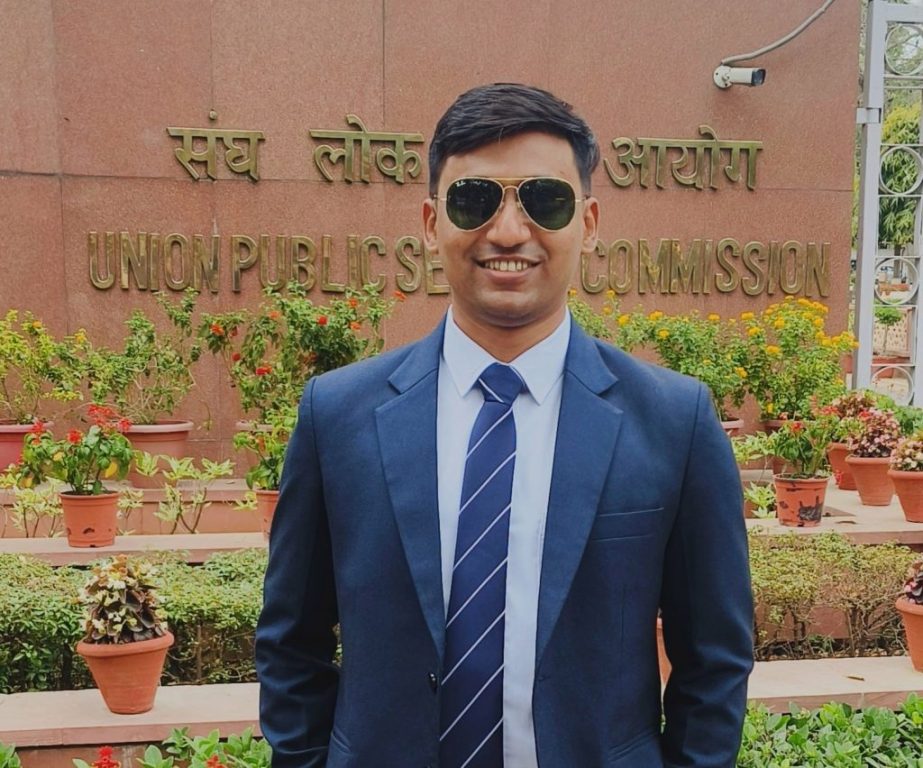
BACKGROUND
He hails from Patna, Bihar. His father serves in the Air Force, while his mother is a housewife.
He completed all his primary and secondary education in his hometown before graduating from NIT Surat with a degree in Electronics and Communication in 2021.
UPSC PREPARATION
He relied entirely on self-study throughout his preparation and never enrolled in coaching classes, except for taking mock tests and solving previous year’s question papers (PYQs). His strategy revolved around two key points: mastering static content and practicing PYQs. Initially, he focused on understanding the exam’s requirements through solving PYQs, then crafted a study plan based on this insight, making concise notes along the way. He emphasized extensive revision of static content.
For his optional subject, he chose Mathematics, a less commonly selected subject. He purchased notes and self-studied diligently, achieving a commendable score of 272 marks in this subject.”
INTERVIEW
His interview was thorough and challenging. He fielded questions on diverse topics, spanning engineering, his optional subject Mathematics, and his home state Bihar.
He was queried about the latest developments in the electronics industry. One panel member asked him to address why Bihar remains a backward state.
An intriguing question posed to him was what lessons he could draw from his grandparents.
MESSAGE
Inspiring future aspirants, he remarked, “Looking at the statistics, nearly 99.9% of people do not succeed in this exam. By the numbers alone, this journey may seem insurmountable to anyone. However, one must maintain self-belief and stay focused on their goal. Persistently tackle each obstacle that comes your way.“
He continued, “Self-doubt may arise at various stages, but do not be deterred if you prepare with sincerity and confidence in yourself.”

